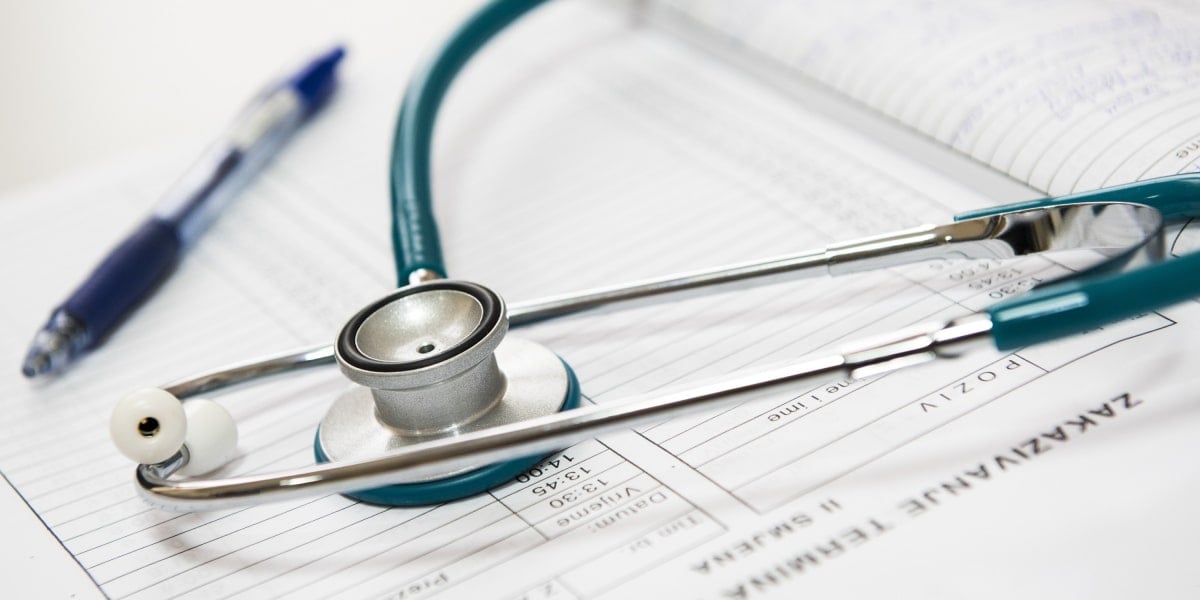How Does Bicarb (HCO3) Increase BP? | NURSING.com

How Does Bicarb Increase BP?
You may have seen in a code situation a physician order Bicarb to elevate blood pressure. Generally, HCO3 is given to improve critical ABG values pH <7.2. Bicarb accounts for roughly 50% of the bodies buffering system. In a highly acidotic state pH<7.2 there is a decrease in cardiac output. This decrease will create a subsequent decrease in the blood pressure of the patient.
When a patient is extremely acidotic with blood pH <7.1 vasopressures will be less effective, so even if you throw on levophed, vasopressin, neosynephrine the blood pressure may not respond. One way to combat this is to correct the pH. As bicarb is administered the pH will begin to correct and cardiac output will increase as well as the vascular response to vasopressors.
Bicarb as administered in ICUs also has a significant sodium concentration which can create a fluid shift also leading to an increase in blood pressure.
Often you may notice that a patient who is dangerously acidotic (pH <7.2) will also be severely hypotensive SBP <60. This is due to the acidotic state of the blood bicarb can correct this acidotic state and in turn aid in an elevation of blood pressure.
Want to learn more about Bicarb? Check out our lesson HERE.
You can read a small debate on the subject HERE.






